Should the West fear Putin’s fall?
Some believe the war in Ukraine won’t end until Russia’s President is deposed, but such a change carries big risks of its own.
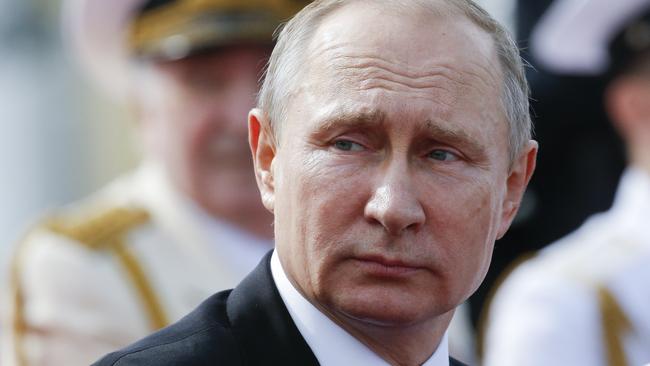
Presiding over a conference in late July, titled Russia: The Land of Possibilities, President Vladimir Putin flinched as a tourism official described plans to hold the traditional spring picnics called mayovka. Under the tsar, the Bolsheviks had used these seasonal outings as a ruse to conceal their subversive plotting.
“Mayovka is an alarming word,” Putin said, furrowing his eyebrows. “I hope this is a mayovka that won’t lead to a revolution, because we have already exhausted the limit for revolutions in the previous century.”
“We are for evolutions,” the official assured him, smiling uncomfortably.
Since the mutiny by the Wagner paramilitary group, which revealed the brittleness of the Russian regime, the possibility of a revolution, coup or other forced end to Putin’s 23-year reign has appeared more likely.
The war Putin has unleashed on Ukraine continues to go badly. Russia’s generals and troops are now grumbling more openly about losses and failures as they fight to stop a Ukrainian offensive. The Russian President’s aura of strength is steadily dissipating. Wagner’s uprising “exposed the inexorable decay of the unstable autocracy over which Putin presides”, said Richard Moore, head of the British Secret Intelligence Service.
On all sides of the conflict, minds are increasingly focused on what a post-Putin Russia might look like. Would his successor be better or worse for Ukraine, the outside world, and Russians themselves? And what policy changes today could produce a desirable outcome?
Planning is difficult given the uncertainties of Russian politics and the West’s limited ability to exert influence there. And for all his troubles, Putin, who turns 71 in October, could be around for years to come.
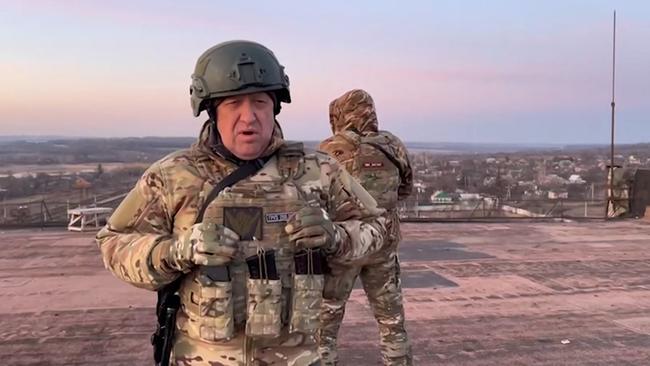
“You have to be very careful about making assumptions about what may happen,” said US senator Jeanne Shaheen, a New Hampshire Democrat and senior member of the Committee on Foreign Relations. “It may be a greater risk, and it may be a greater opportunity. We don’t have an answer to that yet.”
In the debate now taking place, Russian opposition groups, Ukraine and some of Russia’s immediate neighbours highlight the potential upside of Putin’s fall. Almost anyone would be better than Putin, they say, for the simple reason a successor wouldn’t own the war and would find it easier – and perhaps politically expedient – to extricate Russia from its deadliest conflict since World War II.
“As long as Putin is in place, the war will go on,” said Russian chess grandmaster Garry Kasparov, one of the leading personalities of the anti-Putin opposition-in-exile. “The one thing we know with certainty is that Putin will continue the war until the very end, until the last dollar, until the last soldier. For him, war is the only way to maintain power.”
In Washington and other Western capitals, however, the dominant mood is caution. To many officials, the Wagner revolt underscored the risks of a takeover by a more radical and less predictable Russian nationalist, who could unleash much deadlier repression to shore up the regime.
Despite making the catastrophic mistake of invading Ukraine, they say, Putin so far has refrained from executing enemies at home and has remained a calculating, rational actor when it comes to nuclear escalation. That may not be the case with a more impulsive, less experienced successor.
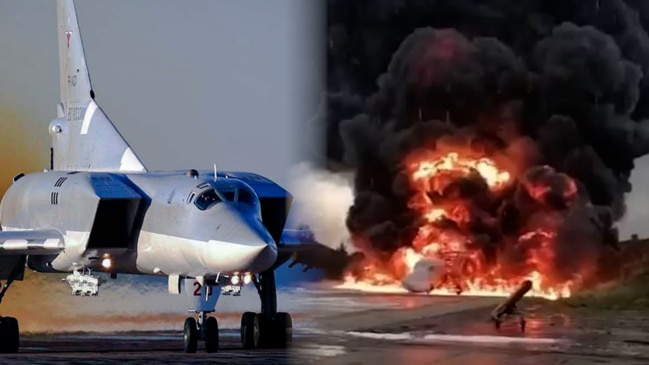
The ease with which Wagner mutineers advanced on Moscow before aborting their June uprising also conjured the possibility of a full collapse of the Russian state and its break-up into rival nuclear-armed fragments. Some Western officials who previously feared a strong Russia now dread the prospect of a Russia that’s too weak and unstable – a concern that has affected discussions of what sort of military aid to provide Kyiv.
Putin, for his part, has used a strategy long favoured by dictators. He has ruthlessly suppressed the liberal-minded opposition at home while tolerating extreme nationalist critics, including those who call for a nuclear strike against Ukraine, Europe and even the US. Their posturing has made him look like the lesser evil, a relative moderate on the Russian political stage.
“It’s hard to think a successor to Putin is going to be any better,” Shaheen said. “The fact is that we’ve got an autocratic, dictatorial society where civil society groups have not been allowed to operate, where non-government organisations have been thrown out and where the media has been silenced.”
Retired Brigadier-General Kevin Ryan, a former US defence attache in Moscow, points out that Putin’s critics inside the Russian establishment are not calling for peace. “They would be coming into power not to end the war but to improve the execution of the war,” he said. “Their slogan as they take power would be: ‘President Putin has failed us. We didn’t do what we said we were going to do.’ It isn’t a question about how to pull back and slow down. This is about how to escalate it to truly get what they need.”
As Wagner troops marched on Moscow, the Biden administration was anxious not to be seen as supporting the mutiny. Senior officials reached out to Ukraine and NATO members bordering Russia, urging them not to make any moves that could be interpreted as taking advantage of Russia’s domestic turmoil.
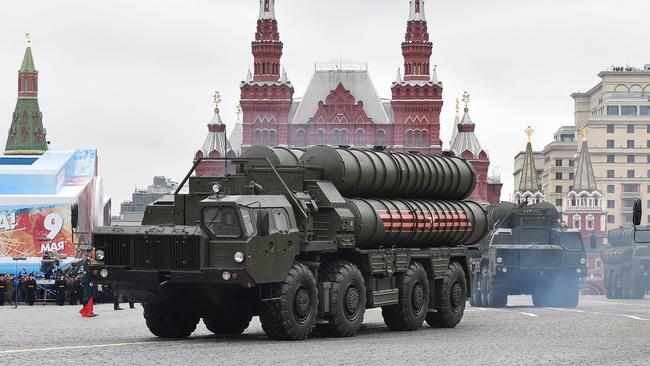
“You can imagine people running that country who would be more erratic and undisciplined,” a senior Biden administration official said. “But Putin has been pretty erratic himself.”
The one event most likely to trigger a regime change in Moscow in the foreseeable future would be a comprehensive Russian military defeat in Ukraine. But the war is nowhere near that point. The situation on the frontlines has not been catastrophic for Russia so far this year. Ukraine’s long-anticipated counteroffensive, launched two months back, has made only limited gains, meeting stiff Russian resistance as Washington withheld long-range missiles requested by Kyiv and slow-rolled permissions to supply F-16 jet fighters owned by European allies.
Regardless of frontline developments, limiting military assistance to Ukraine over concerns about Russia’s domestic situation would be a strategic mistake, many Western officials argue.
“We don’t want an unstable Russia,” Norwegian Prime Minister Jonas Gahr Støre said in an interview. “But we have to relate to the present, which is that Russia has waged a fully fledged war on a neighbouring country, and for all the other neighbours that has huge implications. “
As a historical matter, revolutions in Russia have usually been triggered by military setbacks: losing a war against Japan in 1905; huge casualties in WWI; failure to secure Afghanistan in the 1980s, one of the factors that precipitated the Soviet Union’s dissolution.
Putin himself alluded to that history during the Wagner uprising, saying the Bolshevik Revolution of 1917 “had stolen the victory” of Russian soldiers and resulted “in a giant cataclysm, the destruction of the army and the collapse of the state, with the loss of huge territories”.
Ukraine’s supporters argue that fears of a similar collapse today are as misplaced as the West’s trepidation about the consequences of the Soviet Union’s break-up in 1991. At the time, President George Bush Sr famously argued for keeping the USSR together in the name of stability, and in a speech to the Ukrainian parliament he urged Ukrainians to remain under president Mikhail Gorbachev’s control.
“Exactly the same arguments were used when Gorbachev was there: Let’s not rock the boat, or the Soviet empire will collapse. But when the Soviet Union did collapse, it was good for many countries that finally got their freedom back,” Estonian Prime Minister Kaja Kallas said. “We shouldn’t really think this way about Putin. This ‘stable’ Russia has launched a full-scale war. We can’t influence internal processes … going on inside Russia, but I don’t think it can be any worse than it is right now.”
In Ukraine, hopes run high that internal tensions in Russia would make it impossible for Moscow to continue prosecuting the war. Kyiv’s military intelligence service is sponsoring Russian exile military formations that occasionally make cross-border raids into Russia’s Belgorod region and proclaim their desire to seize Moscow. Militarily useless but politically symbolic Ukrainian drone attacks on Moscow aim to embarrass Putin and make it harder for him to retain the support of Russian elites.
The trajectory of Wagner owner Yevgeny Prigozhin, who remains a political force in Russia after striking a deal with Putin to abort the rebellion, appears to validate such hopes. Initially one of the most ferocious advocates of the war in Ukraine, Prigozhin declared in June it had been based on false premises and could have been avoided if Putin had shown enough flexibility, though he stopped short of calling for a withdrawal. Many Russian liberal opposition leaders, and even some of the Ukrainian-backed Russian insurgents, voiced their support for his march on Moscow.
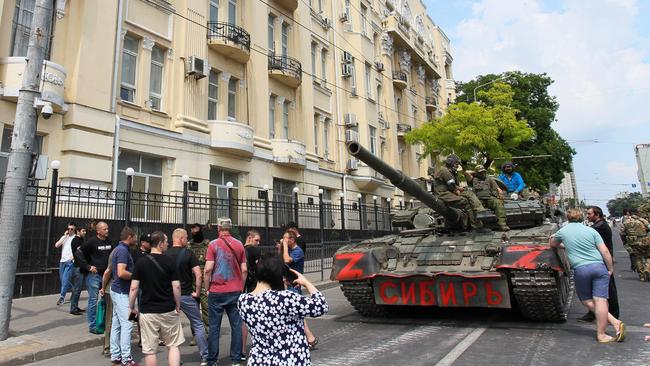
“Prigozhin was clearly part of a group that sought to end a war that is impossible to win,” Kasparov said. “He is a scoundrel and a war criminal, but he looks at things differently. The fact that Prigozhin would send Putin to The Hague should he find it to be expedient one day is beyond doubt.”
Such expectations are too optimistic, countered Michael Kofman, a Russia military expert at the Carnegie Endowment. “The majority of leaders who inherit wars continue them. They’re locked into them, and often they escalate them in an attempt to end the war that their predecessor had created,” he said. “Another leader may not have Putin’s fixation on Ukraine, but nonetheless may not have any other way out because Putin has already begun to convert the Russian economy and the Russian state on to a wartime footing, and politically it would be very risky to start converting it back.”
While successors to strong authoritarian leaders tend to be less repressive at home, Kofman added, they aren’t necessarily safer for the world. Nikita Khrushchev, who took over after Stalin’s death in 1953, emptied most of the Gulag prison camps and ended Stalin’s policies of mass murder and deporting entire ethnic groups. But Khrushchev also pursued a more reckless foreign policy, risking nuclear annihilation during the 1962 Cuban missile crisis. “A next Russian leader is likely to be better, but not necessarily better for Ukraine – in the same way Khrushchev wasn’t better for the United States during the Cold War than Stalin,” Kofman said.
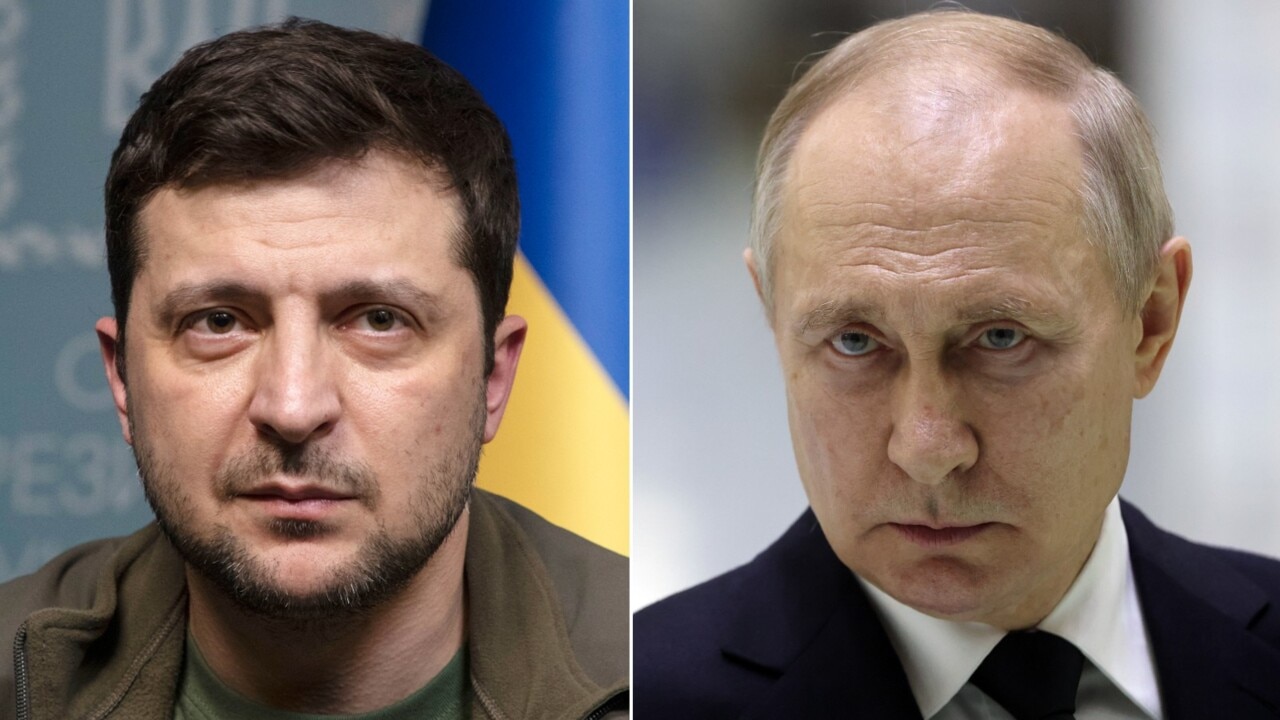
Much will depend on how any future change in the Kremlin occurs. The best hope for peace may lie in a choreographed succession that happens with the agreement of the main factions of Russia’s elites, said Samuel Greene, a professor of Russian politics at King’s College London.
Elites who disagree over Putin’s succession could also fight it out in the streets rather than at the ballot box, said Marat Gelman, a former Putin adviser and one-time senior state TV executive who has now embraced the anti-regime opposition. “The threat of a civil war is evident,” he said. “Putin has destroyed all the institutions. If he leaves power, the regions will no longer submit to the centre the way they do now.”
In any case, given the tensions bubbling up within Russia, its next leader would likely have to focus first on consolidating power at home and fending off rivals. “Anybody after Putin could be worse than Putin,” said Reinhard Bütikofer, a German member of the European parliament. “But he would certainly be weaker than Putin.”
Yaroslav Trofimov is The Wall Street Journal’s chief foreign-affairs correspondent.

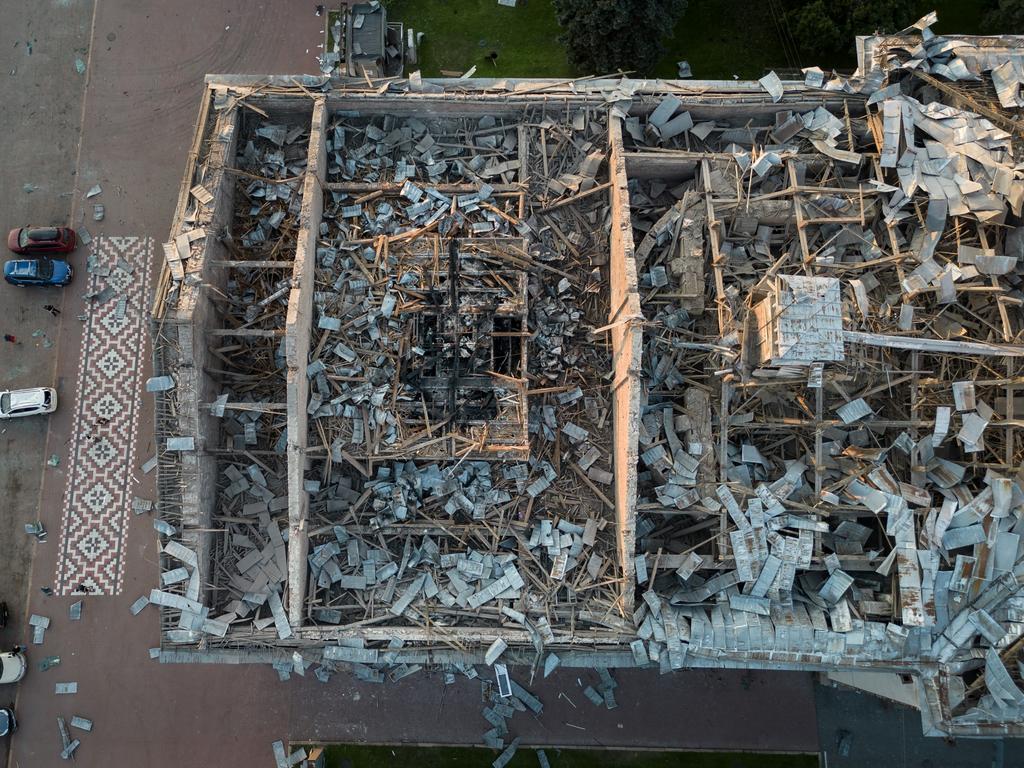
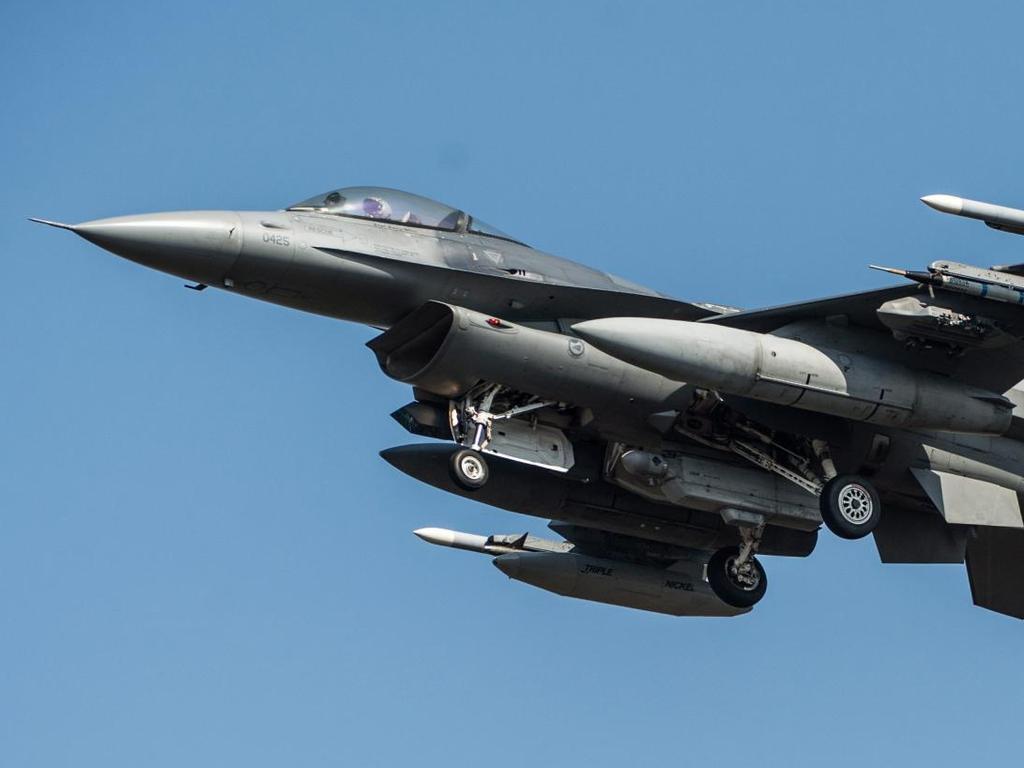
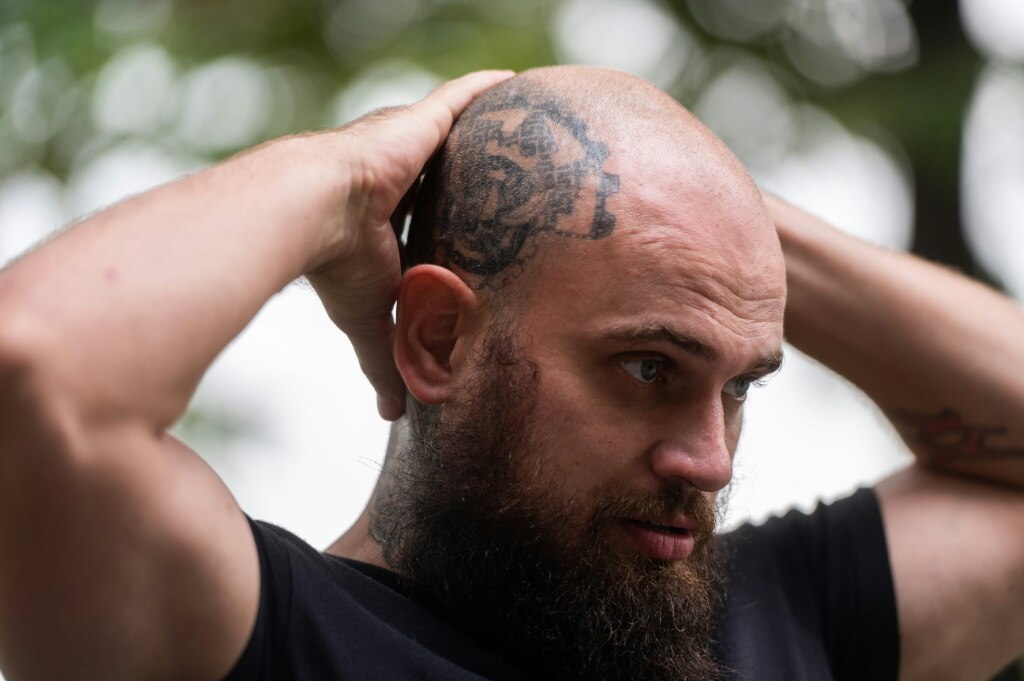
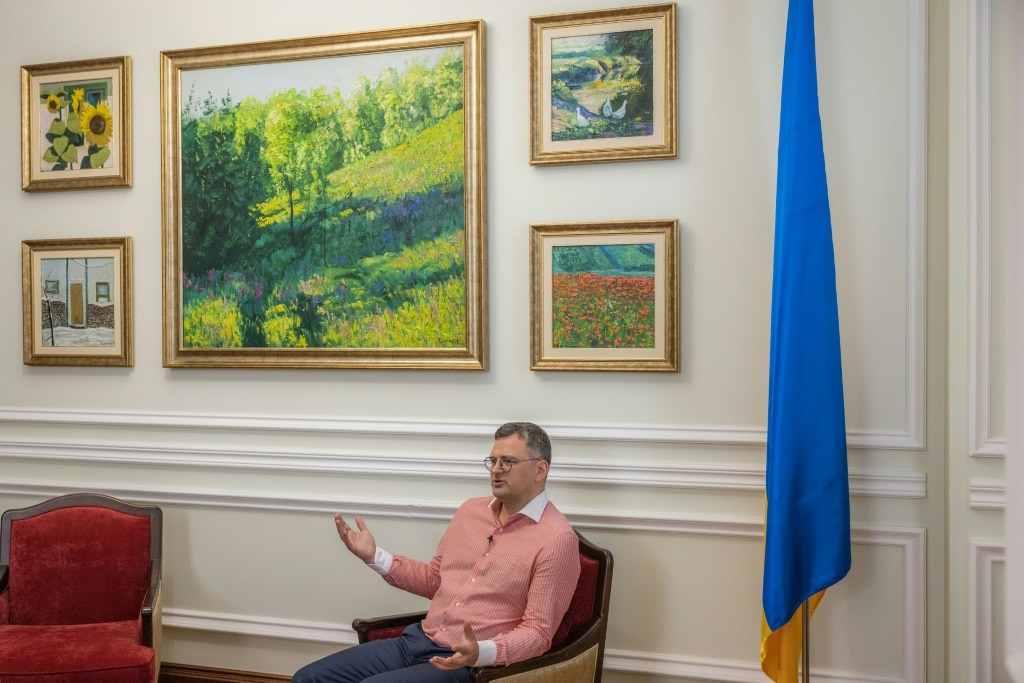


To join the conversation, please log in. Don't have an account? Register
Join the conversation, you are commenting as Logout